Scholz seals initial coalition deal to be next German chancellor
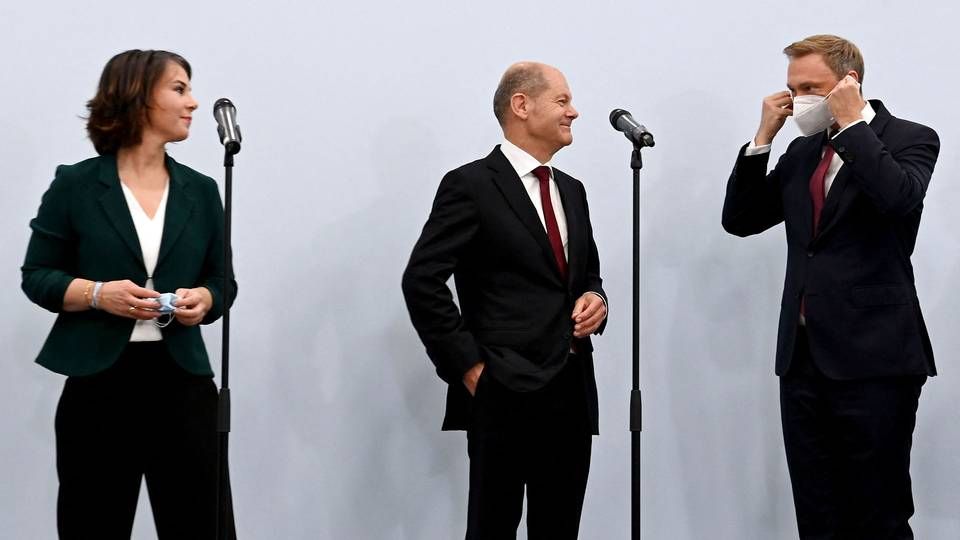
Olaf Scholz reached a milestone in his bid to succeed Angela Merkel as German chancellor by getting his potential partners close enough to enter formal negotiations for a coalition government.
After less than four hours of talks on Friday, his Social Democratic party, the Greens and the pro-business Free Democrats agreed on the basic principles for a ruling alliance. The accord came remarkably quickly by German standards, with joint talks starting just a week ago.
The agreement includes a plan to exit coal in 2030, eight years earlier than planned, as well as an action plan for climate protection. The SPD and the Greens also accepted the FDP’s demands to leave constitutional debt limits intact and not impose new taxes. Details will be hammered out in formal talks in the coming weeks.
The three-way combination, while messy, is Germany’s most viable governing alliance, and the parties have been under pressure to bridge significant differences on issues from spending and taxes to climate protection and social policy.
While disputes are still possible, proceeding to coalition negotiations is a critical step in Germany’s complex process of transferring power. It shows the parties see enough common ground and makes it more likely that a Scholz-led government can start running Europe’s largest economy before the end of the year.
After the Social Democrats narrowly defeated Merkel’s conservatives in the Sept. 26 election, he’s moved quickly to find common ground with the Greens and the FDP, an unprecedented alliance at the federal level in Germany.
The challenge has been to reconcile differences. The FDP campaigned for fiscal prudence, while the SPD and Green sought to open Germany’s coffers for investment to upgrade infrastructure, protect the environment, and expand digital technologies.
Formal coalition negotiations are a more comprehensive format that involves policy teams, all-night negotiating sessions and political posturing. There are significant hurdles that have yet to be overcome, with financing a particularly thorny issue.
Once a preliminary agreement to form a government is reached, party organizations must sign off. The Greens have said they would put the decision to a party conference. If approval is given, the parties will enter comprehensive talks that entail smaller groups working out policy compromises, which are compiled in a lengthy coalition agreement.
Once the final text is approved, the parties would call a vote in German parliament. Only then would Scholz take office.
German parties dispute green color in traffic light coalition talks
German election result indicates green future
Social democratic SPD wins German election
Germany’s green energy resolve faces pain in post-election winter
Related articles
German election result indicates green future
For subscribers
Social democratic SPD wins German election
For subscribers

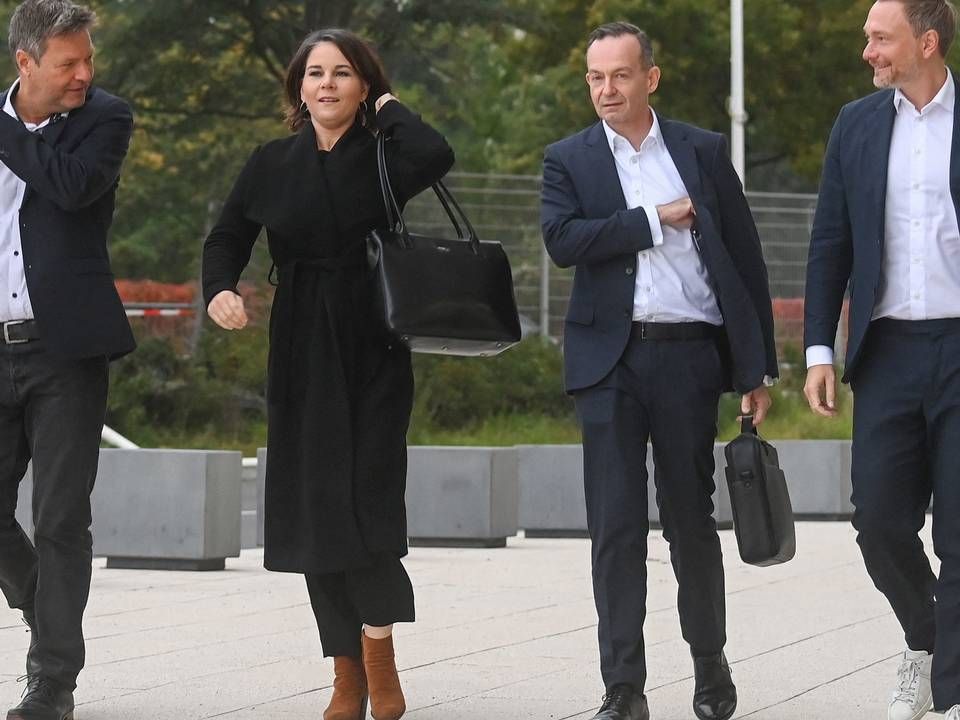
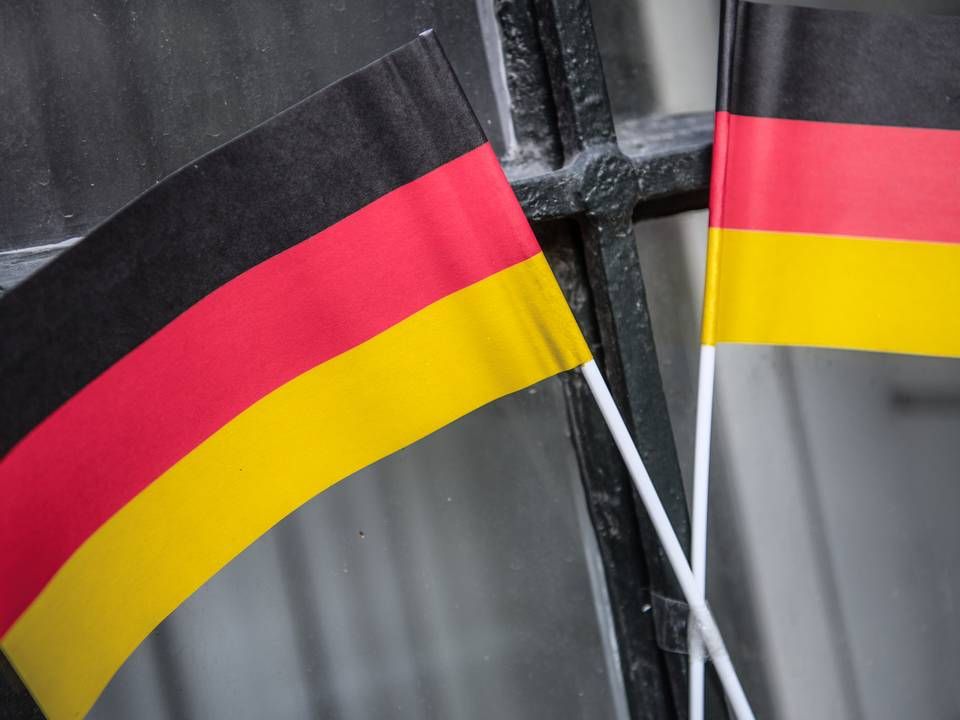
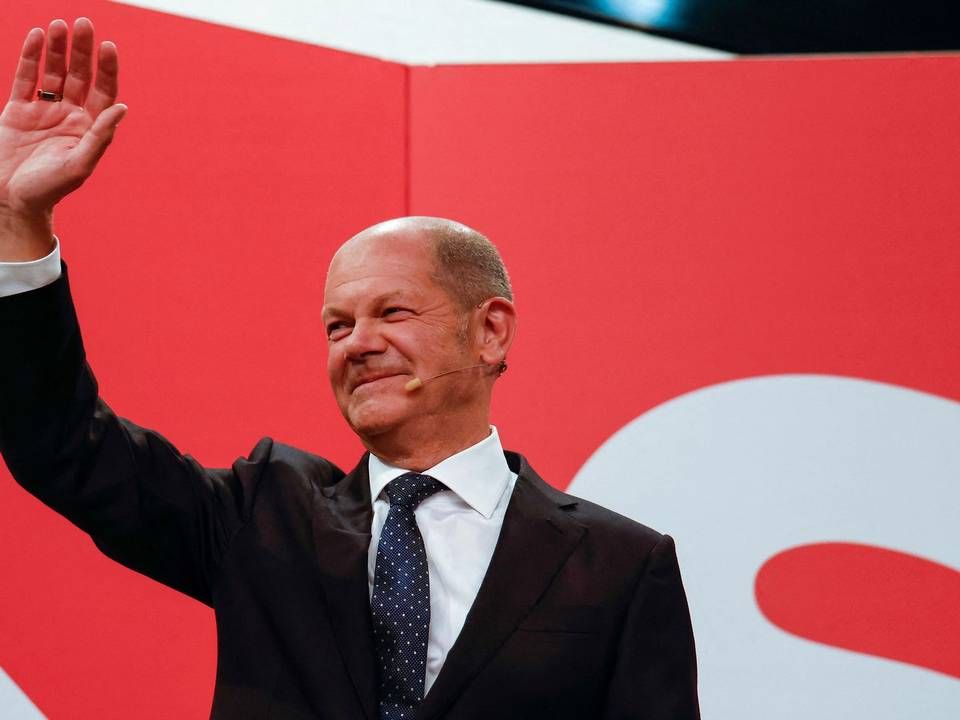

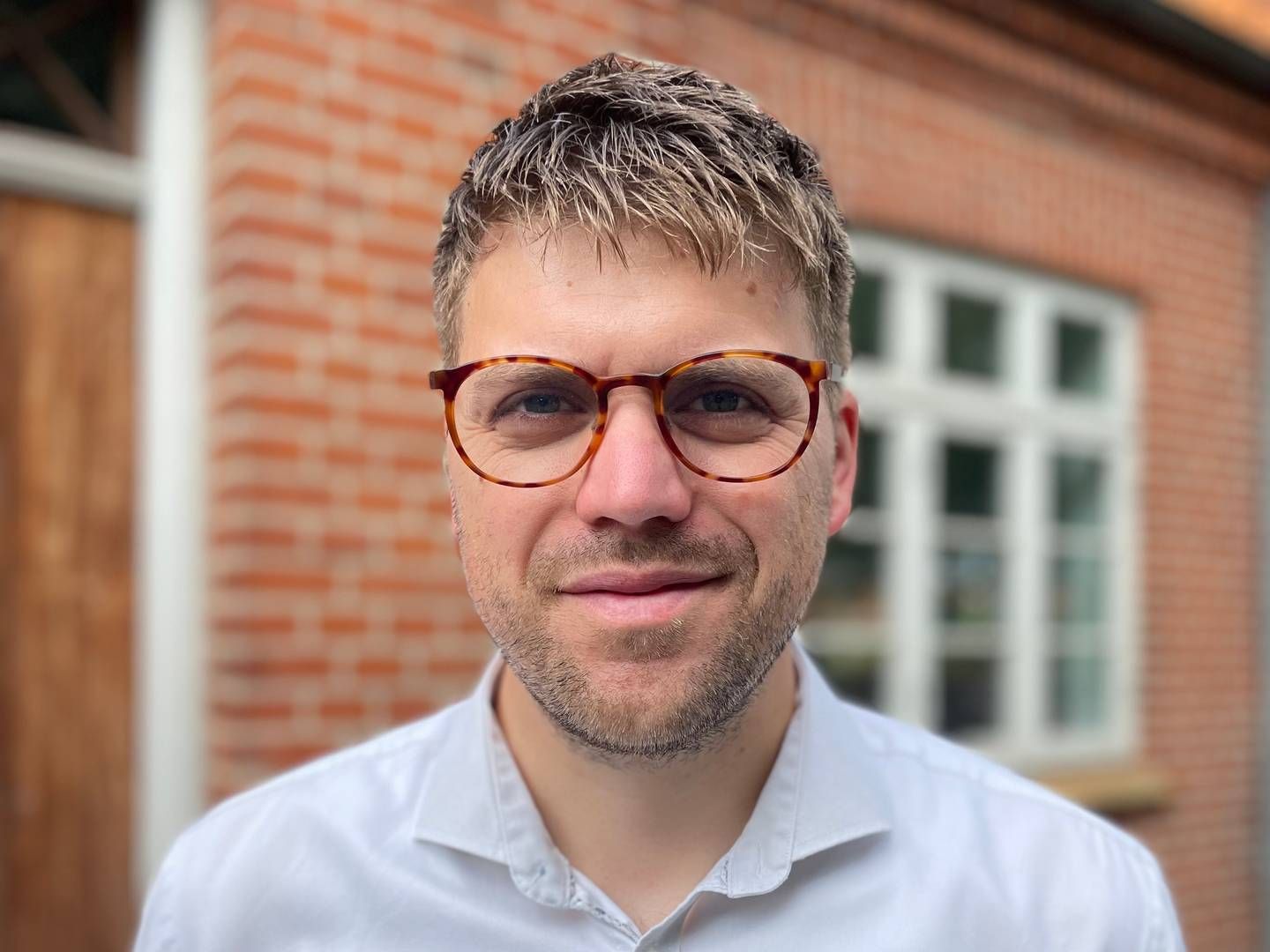
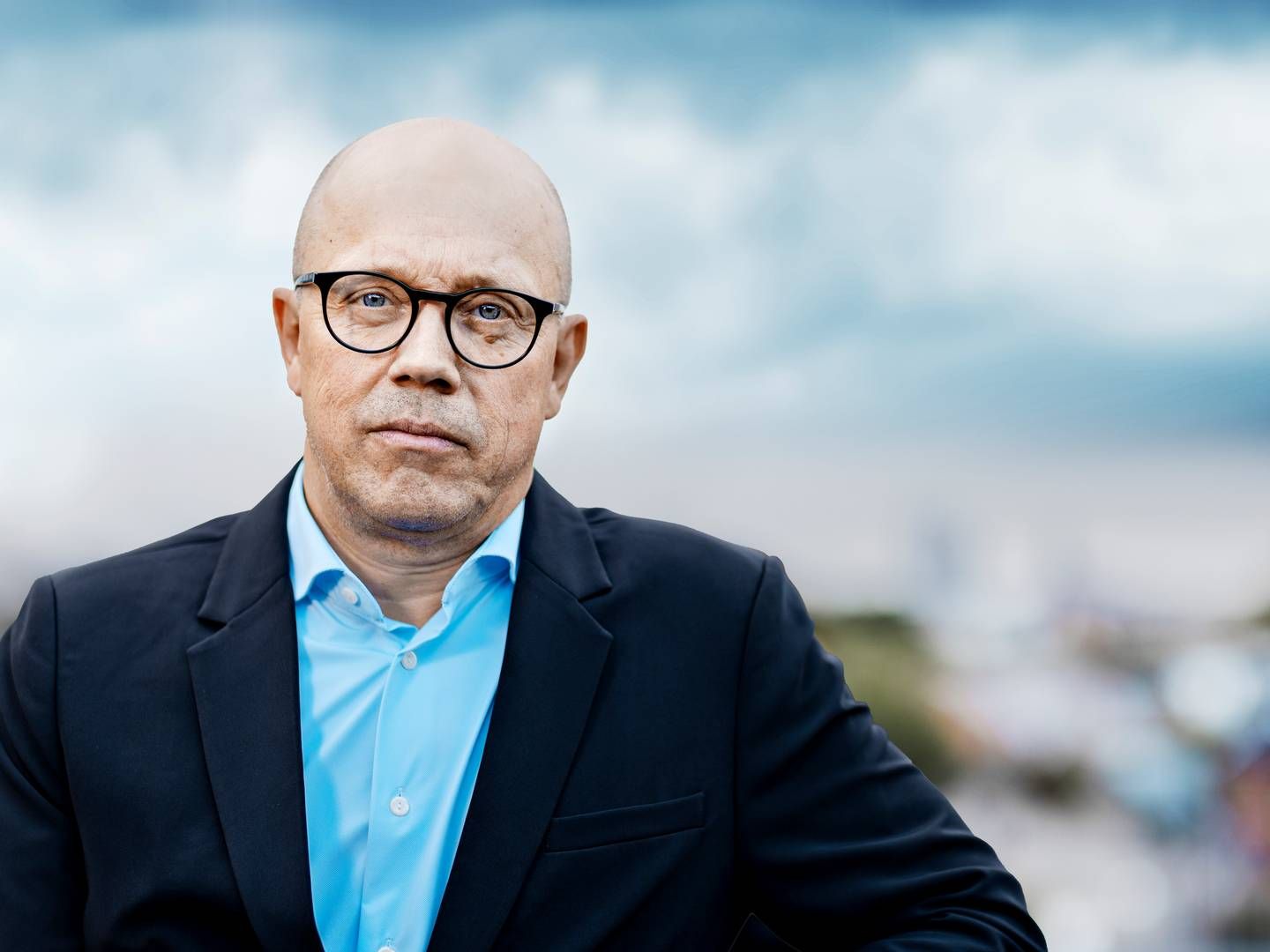



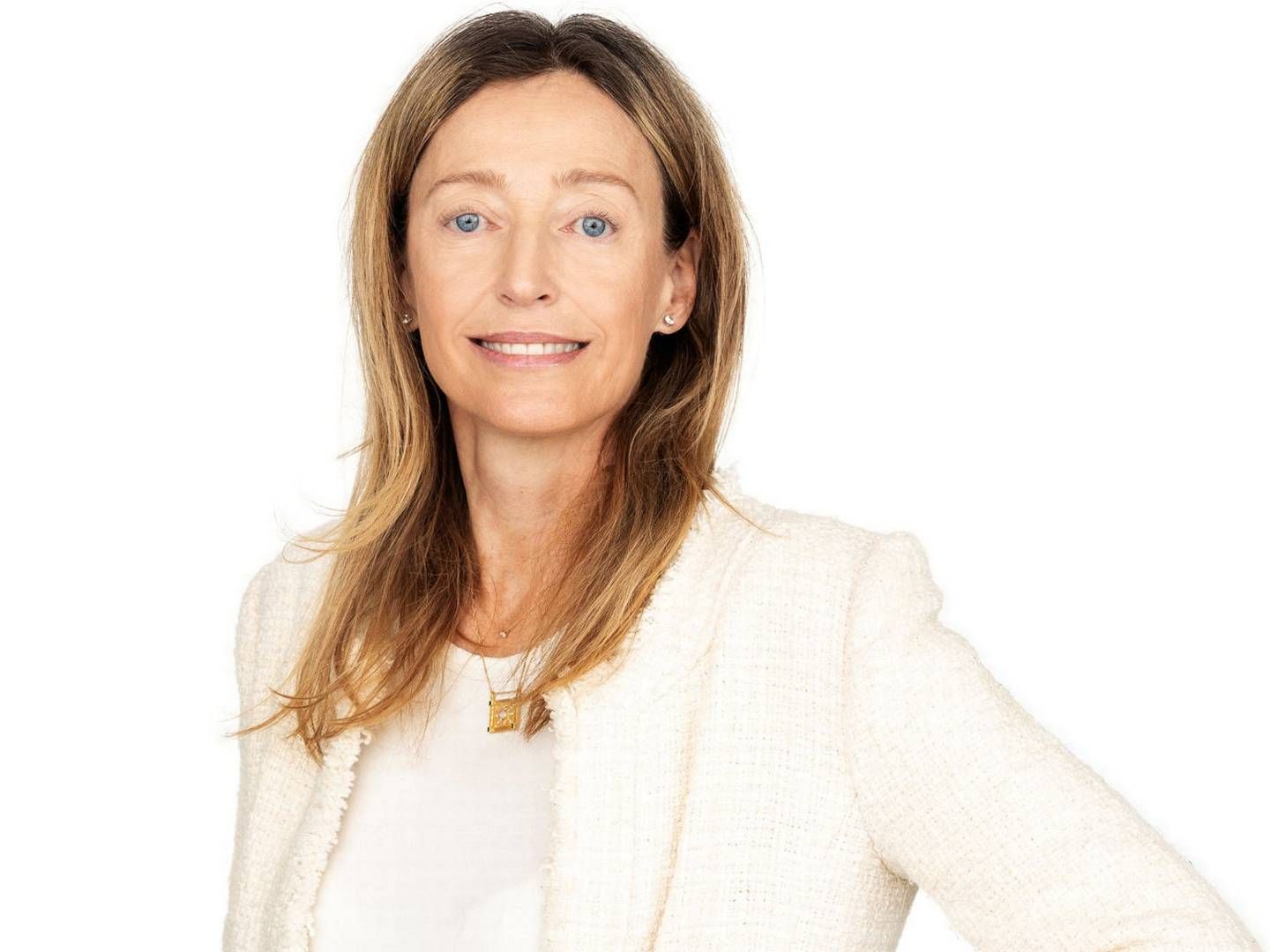

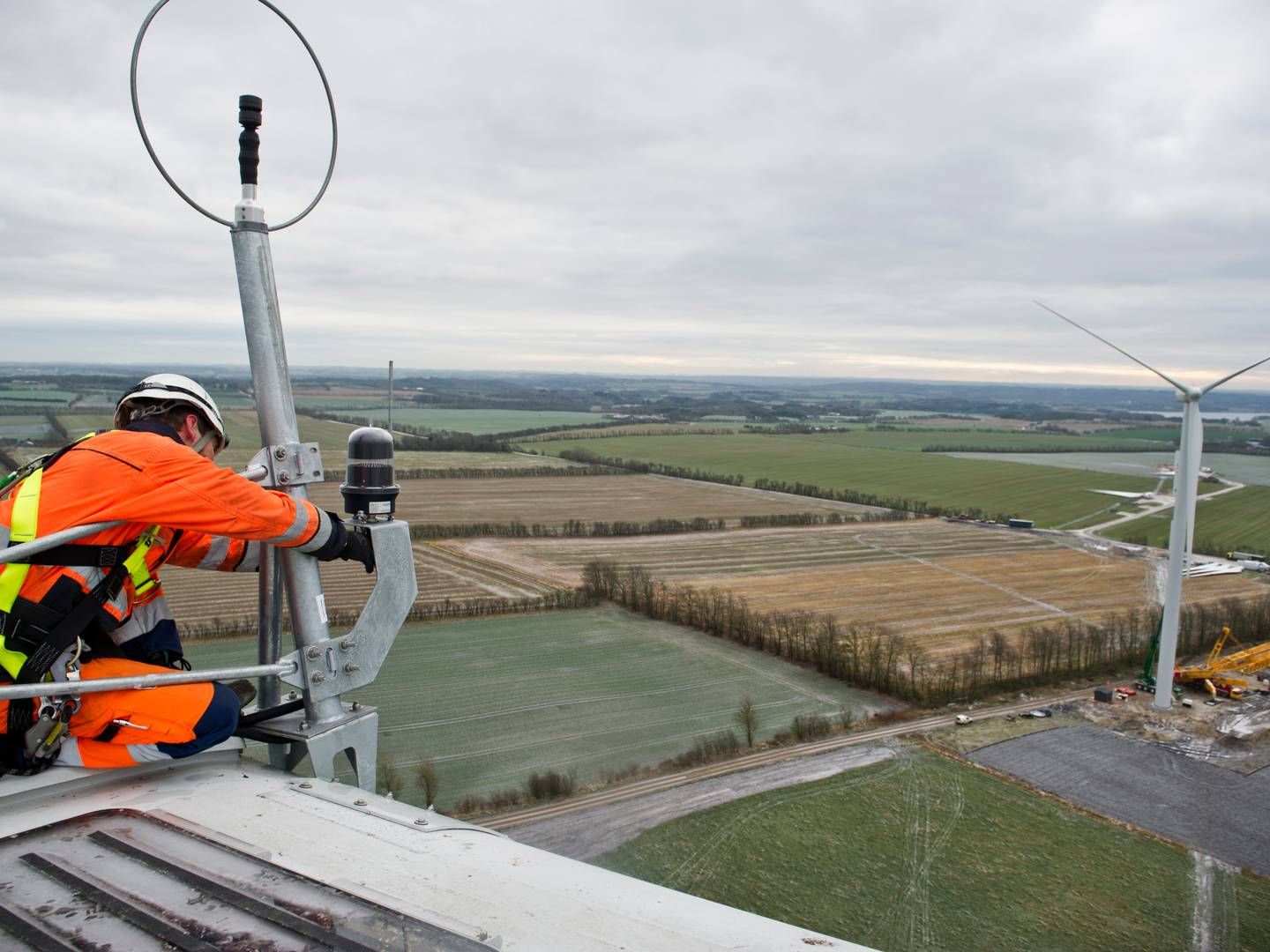
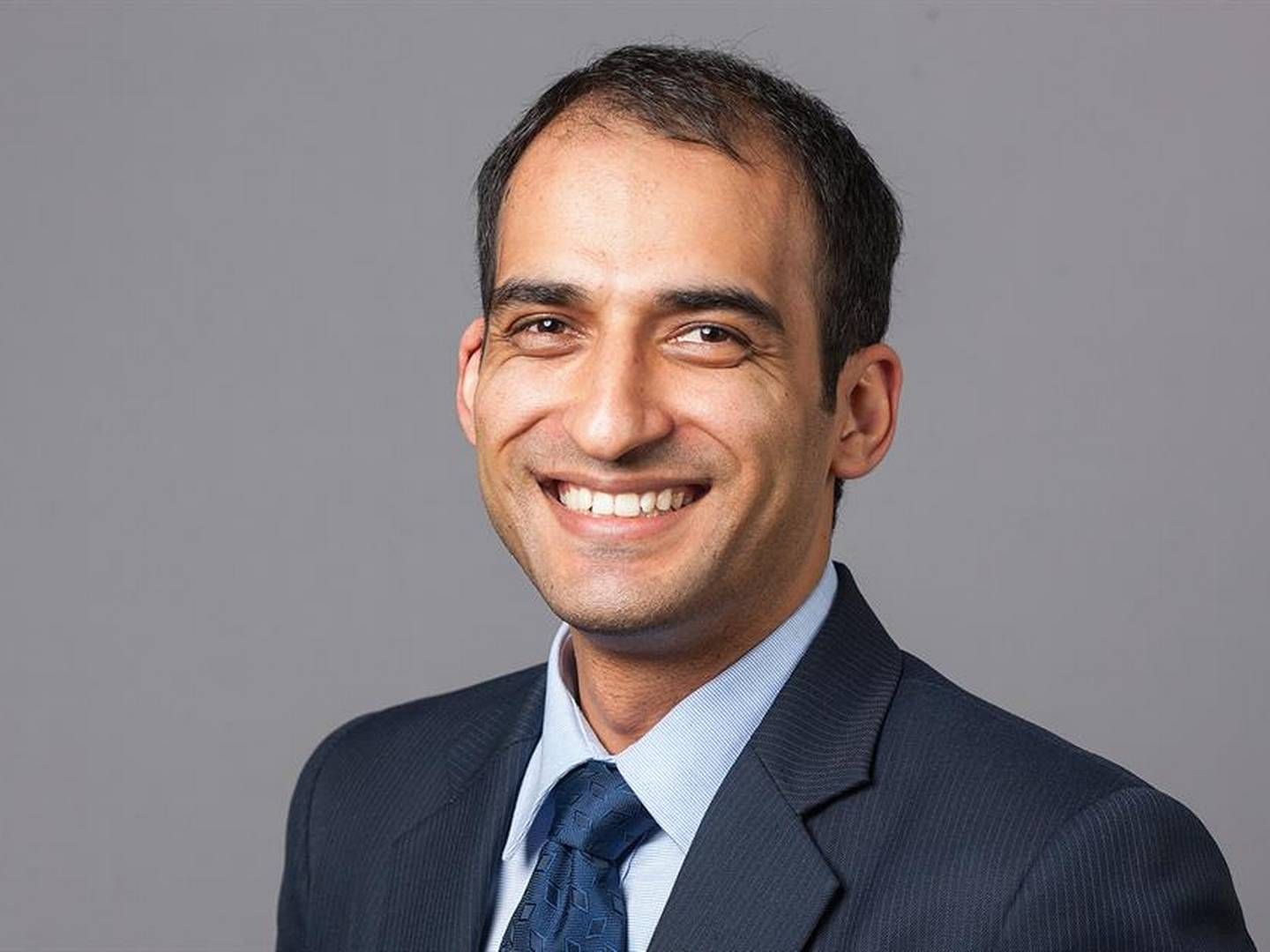


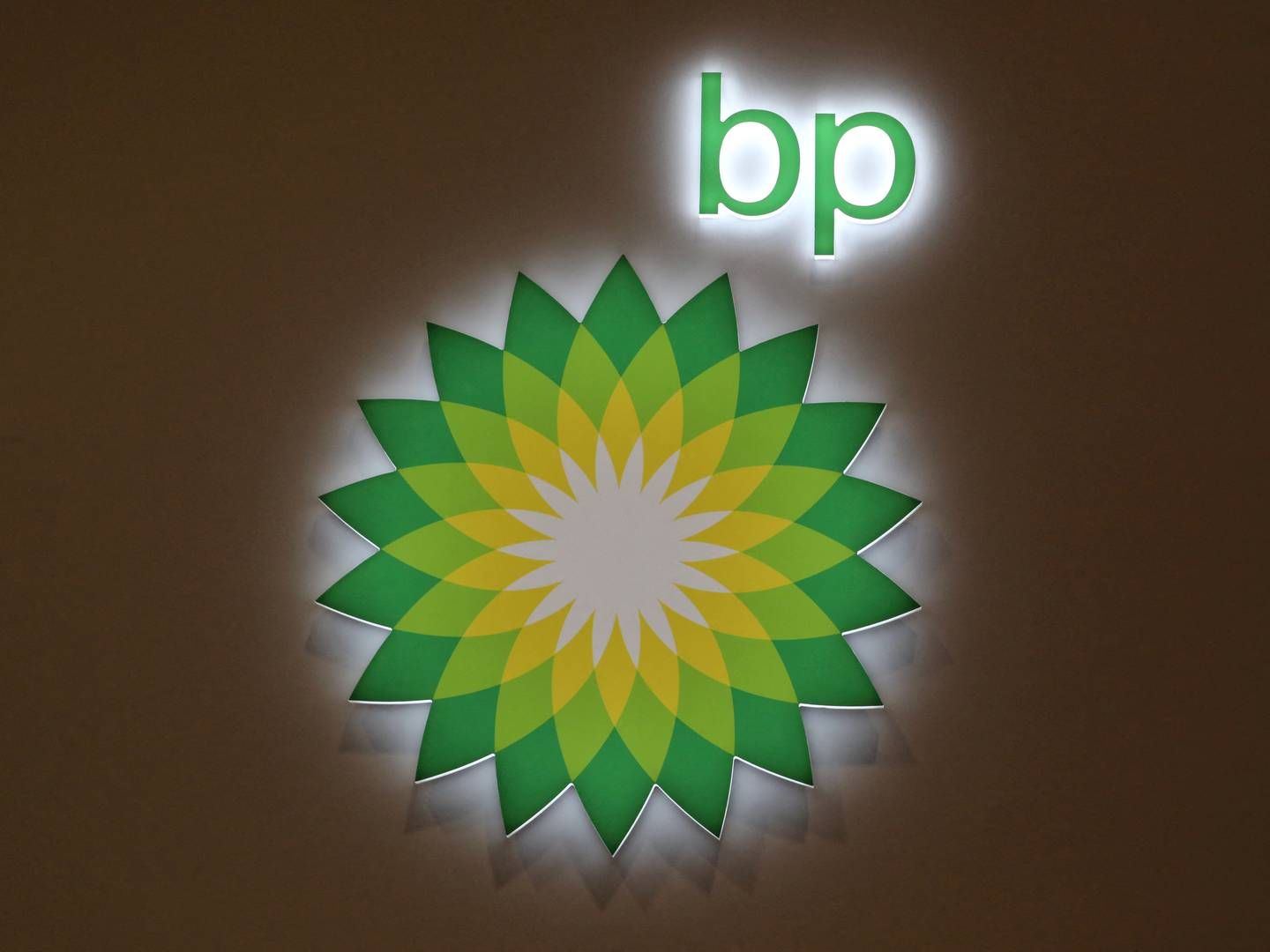
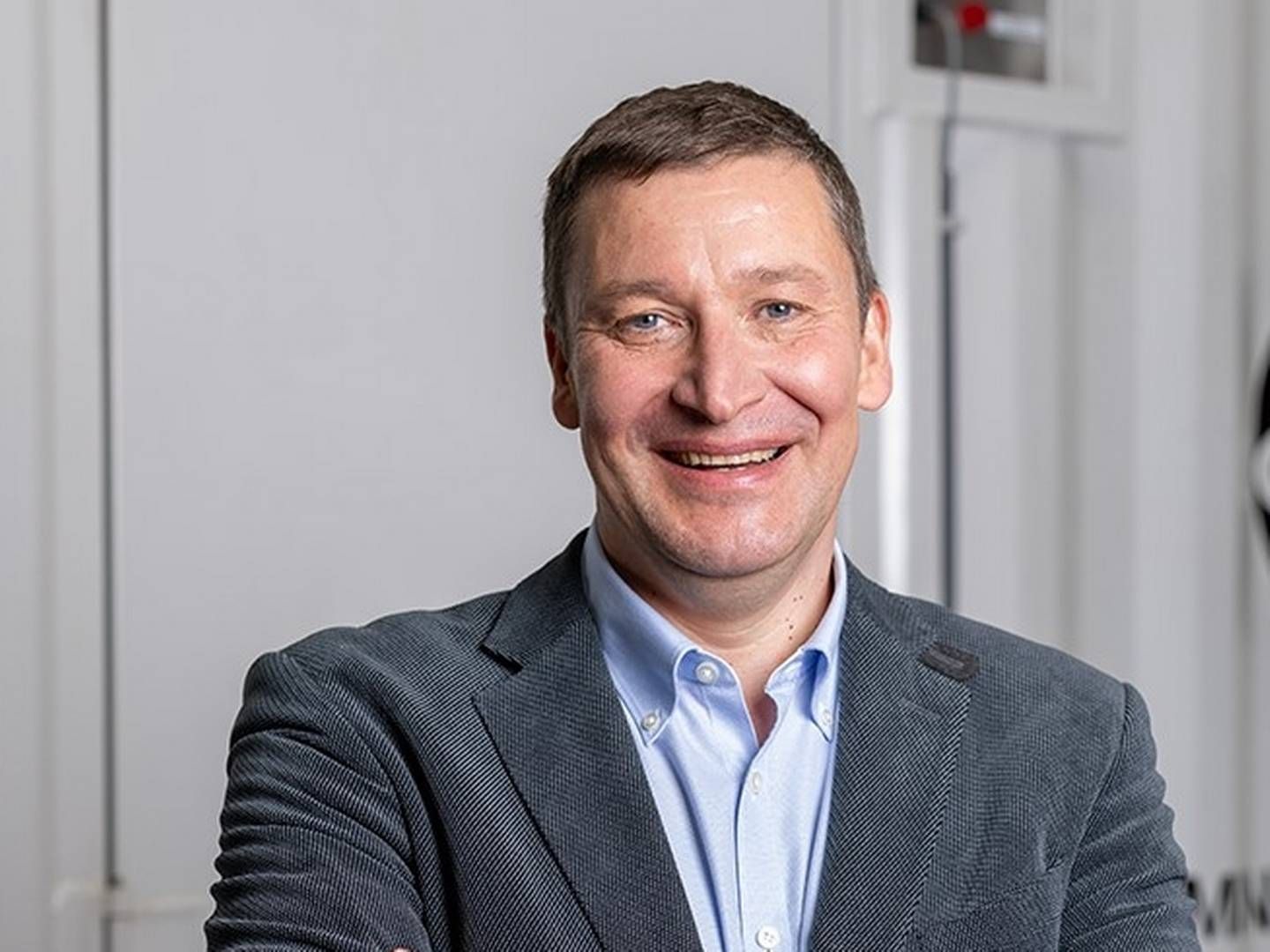
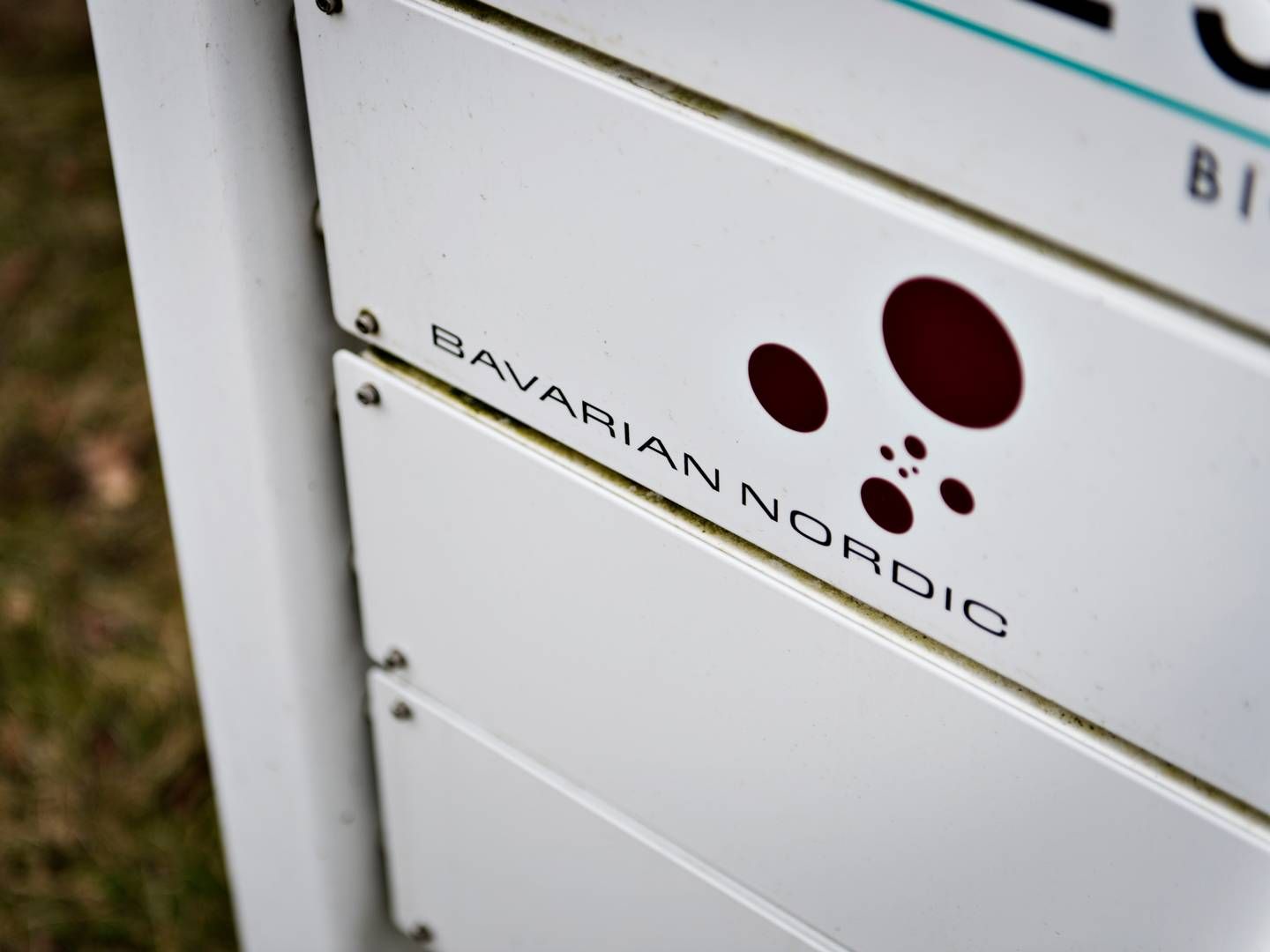




.jpg&w=384&q=75)

